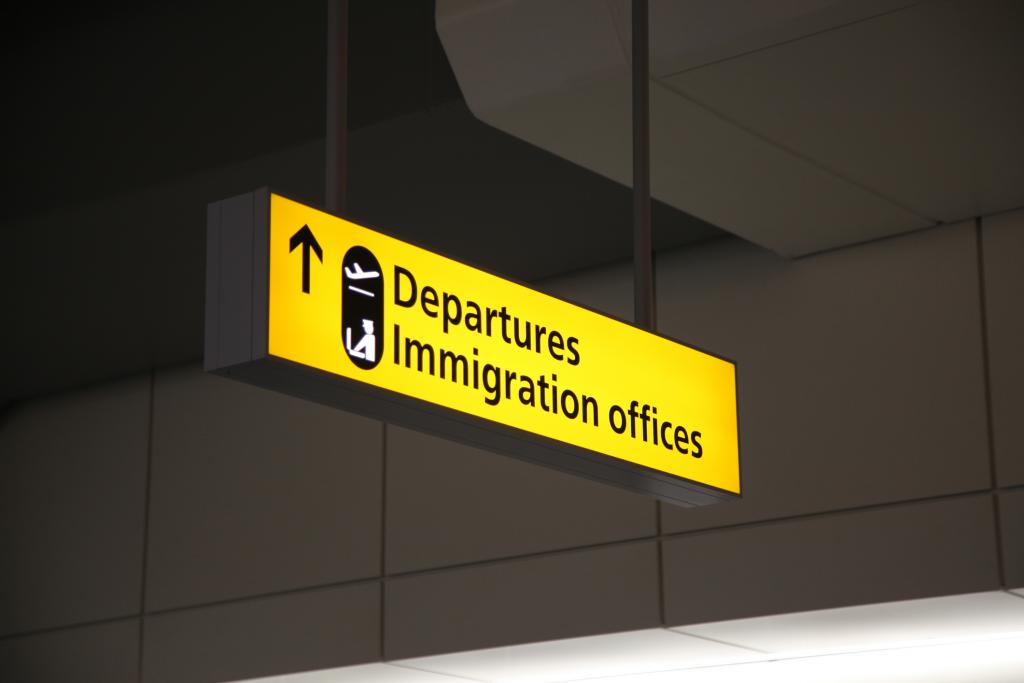
With the new year now in full swing, 2024 is shaping up to be very busy in terms of immigration changes, particularly in the health and social care sector. In the lead up to a hotly contested general election in the UK, these changes have largely been driven by the government’s goal to reduce net migration. On 30 January 2024 Tom Pursglove, the Minister for Legal Migration, published a new statement outlining the timetable for these major changes.
Immigration changes 2024
So, what is planned for this year:
- From 1 January 2024 student visa holders are no longer able to be joined or accompanied by their family members, including partners and children, aside from those on research postgraduate programmes.
- On 24 January 2024 the Home Office announced through the Sponsor Management System that sponsor licences expiring on or after 6 April 2024 have been automatically extended for 10 years, from the original expiry date of the licence. This removes the need for sponsors to go through the process to renew their licence after 4 years, which involves paying the associated fees.
- From 6 February 2024 the Immigration Health Surcharge has increased from £624 to £1,035 per year of the visa for adults. At present, care workers and other medical professionals applying under the health and social care route are exempt from paying this surcharge. The fees associated with their applications are therefore much lower.
- Employer’s civil penalties for illegal working are increasing significantly from 13 February 2024, from £15,000 to £45,000 for first time breaches, up to £60,000 (from £20,000) for multiple or subsequent breaches. Remember that you will not have to pay this civil penalty if you have carried out compliant right to work checks on all employees and you have therefore obtained a statutory excuse.
- Specific changes in respect of the care sector are due to “go live” from 11 March 2024, following the Statement of Changes being published on 19 February 2024. From this date, sponsored care workers entering the route for the first time will no longer be able to bring their dependants with them to the UK. This requirement does not apply to other occupations under the Health and Care visa.
- In addition, from 11 March 2024 only organisations in the sector who are regulated by the Care Quality Commission (CQC) will be able to sponsor overseas nationals under a skilled worker licence.
- On 14 March 2024 new Immigration Rules will be introduced to abolish the Shortage Occupation List, remove the 20% of the going rate reduction in salary for certain occupations and introduce the new Immigration Salary List. The Migration Advisory Committee (MAC) is working on its recommendations for the new list and are due to report on this on 23 February 2024. At this stage, we are not expecting that care worker, senior care worker or nurses will be removed from this list. The effective date for these changes is likely to be 4 April 2024.
- This will be quickly followed by the increase to the salary threshold for Skilled workers, which is set to change on 4 April 2024. From this date, the minimum salary threshold is due to increase by a whopping 48% from £26,200 to £38,700 per annum. The good news is that workers with visas issued under the Health and Care route will be exempt from this requirement. At present, the minimum salary for care roles remains at £20,960 per annum. Further, those already in the Skilled Worker route before 4 April 2024 will be exempt from this requirement when they are extending their visas, switching employers, or applying for Indefinite Leave to Remain.
- In addition to the minimum salary requirement for skilled workers increasing, the minimum income for family visas (partners of British citizens) will also increase to £38,700 in due course. This, however, will be increased incrementally in stages. It will firstly increase to £29,000 on 11 April 2024, before increasing to £34,500 later this year (date to be announced). In early 2025 the minimum income will then increase to £38,700, in line with the changes to the Skilled Worker route.
- At the end of this year, the government intends that the UK will have moved to a fully digitalised immigration system. For this reason, the Home Office have now started the process of phasing out Biometric Residence Permits and are inviting visa holders to set up an electronic system, paving the way for them to be issued with e-visas. From 1 January 2025 visa holders will only be able to evidence their status in the UK digitally.
- Finally, the government will also be asking the MAC to carry out a review of the graduate route. Although there are no widely reported plans to abolish this route, the review is said to be being carried out with a view to preventing abuse and protecting the integrity of the higher education system in the U.K.
What should employers do?
It is vital that employers get to grips with these changes to pre-empt how this might impact their recruitment plans moving forward. It is also advisable that you carry out an audit on your Right to Work procedures and documents to make sure that you are fully compliant in this area and therefore unlikely to have any issues with illegal working with your current or future workforce. With the penalties increasing significantly, a reminder that right to work checks need to be carried out on all employees before their employment begins. Where the individual has time limited permission to remain, you will need to make sure that follow up right to work checks are being carried out (and appropriately documented) before their visa expires.
For organisations employing individuals under a health and care visa, the increase to the minimum salary requirement will not apply (at least for the time being), which will be welcome news. However, it remains to be seen how the prohibition on dependants will impact the pipeline of new overseas care workers arriving in the U.K post 11 March 2024. If you are not registered with the CQC, we would also advise that you investigate this as soon as possible if you wish to continue (or even start) sponsoring overseas workers.
If you require immigration support you can speak to one of our highly experienced professionals by calling 0345 450 5558 or by emailing enquiries@stephens-scown.co.uk.
